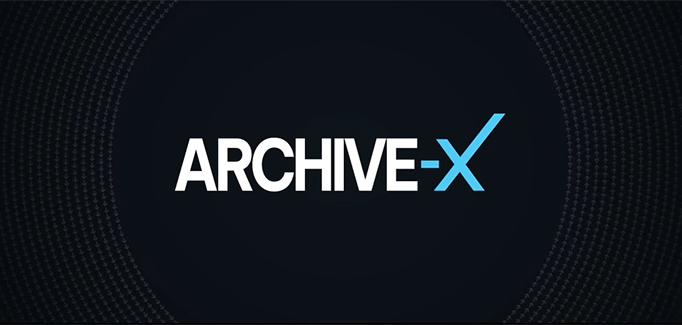What is the Reason for the Dodd-Frank Rule Delays?
August 27th, 2013

Last week, President Obama requested a meeting with several financial industry regulators to update him on the progress of proposed Dodd-Frank rule changes. The President wanted to know why it was taking so long to write the rules needed to ensure that the 2008 economic crisis would not be repeated. That’s a question all of us have been asking!
The list of Federal agencies represented at the meeting with the President included the U.S. Treasury, the Federal Reserve, the Office of the Comptroller of the Currency, the Consumer Financial Protection Bureau, the Federal Housing Finance Agency, the Commodity Futures Trading Commission, the Federal Deposit Insurance Corp., the National Credit Union Administration, and the Securities and Exchange Commission.
Even after regulators met several times with the President, many in the financial industry have concluded that both the regulators and Congress are causing unnecessary delays and are not providing any clarity with respect to the remainder of the proposed rule changes. I would tend to agree with them.
Ultimately, the most significant Dodd-Frank mandate still currently pending is the Volcker Rule, which bars banks with federally guaranteed deposits from using their own funds for trading securities, commonly known in the industry as speculative proprietary trading. It is worth noting that this rule had effectively existed since the Great Depression under the Glass-Steagall Act, but was repealed in the 1990s.
Also pending are rules governing how Wall Street bundles mortgages into bonds for sale to investors, limits on the use of leverage by banks, and requirements for capital to be set aside in connection with certain derivatives trades.
The Volcker Rule requires special attention because it would address the too-big-to-fail issue by reducing the risks that the largest banks pose to taxpayers. But the banking regulatory agencies are at odds with one another, and with the SEC, over how to distinguish legitimate market-making (buying and selling securities on behalf of a client) and hedging – the two types of proprietary trading that the law allows – from high-risk speculative trading.
Wall Street bankers lobbying over differences on the key points of policy explains, in part, some of the open items and delays. Another aspect that may explain the delay is the complex regulatory framework; the Federal Reserve monitors bank holding companies, and the FDIC handles community banks, and the SEC ensures regulation with respect to the integrity of the financial markets. But some institutions must answer to all three, and potentially even other agencies.
At times, a financial institution can have examiners from multiple regulatory organizations reviewing their books and records. In 2009, the President considered streamlining the banking system by consolidating four banking agencies into one and combining the SEC and CFTC. While that never happened, communication between the agencies has gotten better.
While we will need to wait to see what the final outcome Dodd-Frank’s enactment will be, it is clear that there is still a lot of work that needs to be done, and time is of the essence. With over 60% of the Dodd-Frank Act’s directives yet to come, the President must make sure the regulators are accountable to complete the roll out of rules. Otherwise, half a decade after the Great Recession, the financial system will be just as vulnerable with nothing to show for it.




